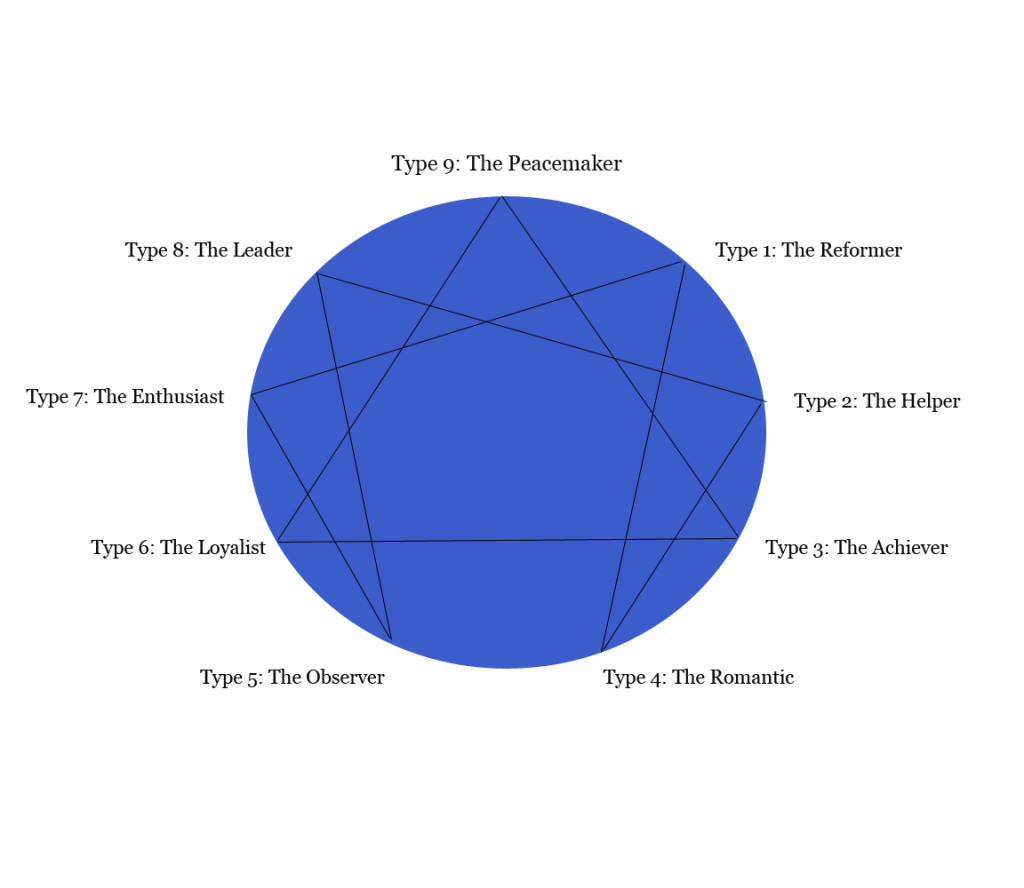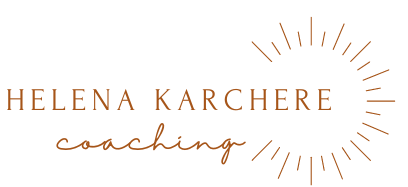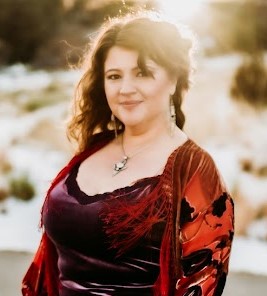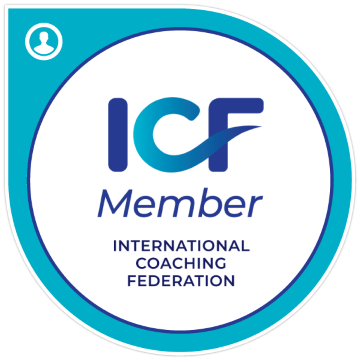How to Not Take Anything Personally–with the Enneagram
Understanding and accepting our differences actually helps us to see how we are the same. Does that sound strange? It is the best way I can describe how this reality has been coming to me lately. And has inspired this second post in my series on the agreement to “not take anything personally“.
The truth is that we are all the same in that we all have inherent motivations, desires, and wounds. These tendencies help us be in the world in meaningful and enjoyable ways. AND they also cause us to take things personally—to have defenses and reactions that cause us trouble in our relationship with ourselves and others. This reality that we all have in common could also be called the Ego. The gift of individuality and personality differentiates us in fabulous and unique ways, but also can painfully separate us. We share that experience in common.
But to really, truly appreciate and love each other we have to also see and know our profound differences. One of the biggest barriers to “not taking anything personally” is the assumption that other people think and feel the same way we do about things.
For instance, I care about being on time for events. When I’m late I can sometimes beat myself up about that. If other people come late to an event I’m responsible for I could take it personally: “You must not care about me or this event because you’re late!” And that could bring up issues of my own self-worth or confidence in the event. This is a doomed approach on two levels. First of all, that would be assuming that lateness means lack of care to that person. Maybe it doesn’t mean that to them at all. Maybe lateness was the way it was done in their family, or culture. Maybe they had an unavoidable errand that came up. Second of all, it’s assuming that if they don’t care about me or the event there is something wrong with me! Maybe they actually didn’t want to come to the event at all, and this is their silent rebellion! Whatever the reasons, none of it is a reflection on me. None of it is a reason to take things personally and tie myself into emotional knots. It is an opportunity to share my values and ask for what I need in the relationship. I can do that cleanly, without the added crap of my personal insecurities getting in the way. (Then make a note of the personal work I need to do on that particular piece of insecurity crap in a safe and supportive container.)
We all see things differently because we have unique personalities. The very best system I have come across to see these patterns is the Enneagram. I also see value in the Myers Briggs and Strength Finder for similar reasons. The Enneagram has allowed me to develop more compassion and forgiveness for our incredible differences. I recently attended a panel, in the Enneagram Studies in the Narrative Tradition approach, and was once again so moved hearing from people about how they view themselves and the world. I found even greater forgiveness for a 9 (Peacemaker) in my life who led a double life and caused me pain, hearing from a 9 who had to struggle to figure out how to know and express their opinions and desires so that didn’t come out “sideways” in painful ways. I found more admiration for the 7’s (Enthusiast) in my life for being so thrilled about new experiences and adventure—and empathy for the ways they use that activity to avoid their pain and fear. And within the 9 types, there are so many variations and levels of health etc. that the system leaves plenty of room for variety.
How can we learn to see each other both as radically different and profoundly the same?
I would suggest that genuine inquiry is an invaluable tool. That’s why the panels work so well in the Narrative Tradition of exploring the Enneagram. People get to be witnessed, and share their stories, and reflect on how they have been, and are, and want to be. They are asked open-ended questions that prompt them to share parts of themselves that might not normally get deliberate air-time. This is also what we do in the Shadow Work process—ask questions in order to help the person examine their inner world in new ways. And be seen.
When you begin your conversations with loved ones with a question, and honest interest, instead of assuming you know what they are thinking and feeling, you are opening a whole new world of possibility. As an Enneagram Type 8 (Leader), this is something I have needed to cultivate, and appreciate reminders about. My natural tendency is to be decisive, and elicit strong responses with amazing and powerful statements that leave everyone around me inspired (notice that for me part of understanding your personality is being able to laugh at it!). Communicating in relationships is much better when it comes from genuine inquiry and mutual respect. And its effectiveness relies on each person sharing their real differences, while holding simultaneously the reality that you both are the Same in your longing to be heard and accepted.
Knowing the Enneagram can give us a head start in the process of understanding someone. If a friend tells me they have determined they are a 3 (Achiever) and resonate with the descriptions of that type, I sense they’ve worked hard to build and maintain an image of success, and perform to the perceived expectations of those around them. I sense that a healing message for them is going to be that they are loved exactly as they are, and don’t need to perform to win my love. I sense I have to be extra careful in how I deliver my feedback. I sense I will be genuinely impressed by their accomplishments and talents, and want to share that. And I can ask more questions to understand more about how that all is for them, and how I can best support them. Because although that Achiever experience is different from my Leader experience, the human experience of longing for love and feeling pain at its absence is something everyone knows.
So if you are interested in not taking anything personally, I encourage you to embrace the people in your life with the knowing that they may see things very differently from you. And also always remind yourself and them of what you do share–the pain and the joy of navigating in this world as a human. And the the desire to love and be loved.
If you are in the Denver area and want to attend Enneagram events, I recommend the regular events offered by the International Enneagram Association Colorado chapter. If you are interested in attending a Shadow Process Day with a small group please contact me at helenaann at gmail.
Sign up for Helena's Blog
Welcome!
I am a coach, facilitator and program director in Denver, Colorado. I bring a high-performance mindset from 18 years leading in global corporations, startups, non-profits and Higher Ed. I’ve also honed skills in emotional intelligence and practical spirituality through training with ICF, Shadow Work®, Insights Discovery and motherhood. If you’re ready to do powerful inner work, and also get tangible results in your external environment, please follow my blog and reach out to talk about coaching!
Recent Comments
- HelenaAnn on The Four Quarter Model
- Mariette Strub on The Four Quarter Model
- Brianna on Tales of a Working Parent in 2020: The 3 Spheres of Attention
- Ruth Buckingham on Driving in Emotional Weather
- Ruth on Keep Your Labels To Yourself, Thanks








